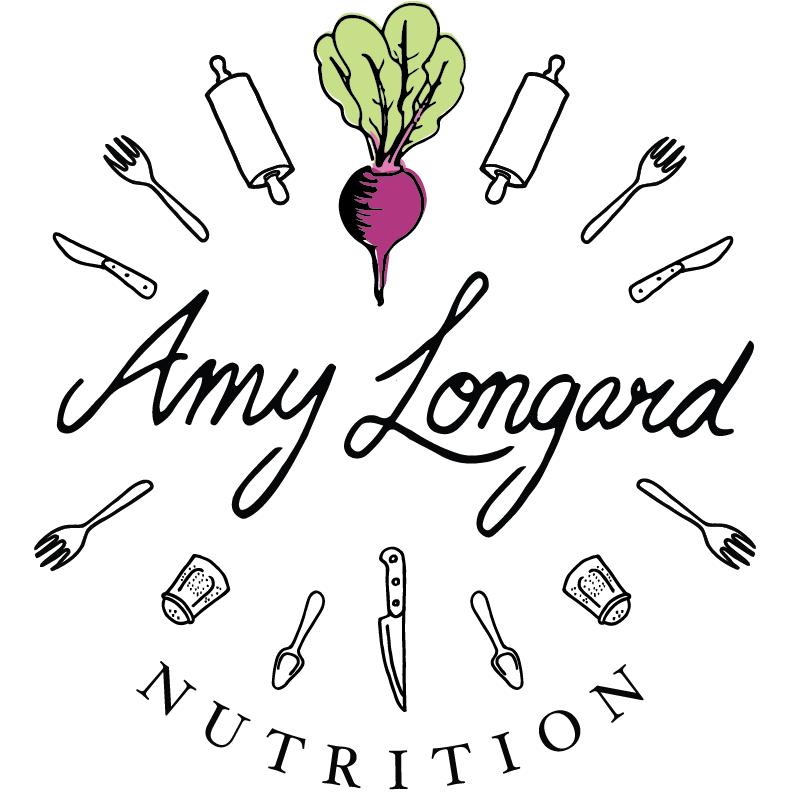Can soup be a meal?
I want to tell you a little story from my past.
Back in the pre-pandemic days I used to do a lot of in-person cooking lessons throughout Ottawa. I met many wonderful people and had so much fun doing cooking demonstrations, hands-on lessons, and sitting down to eat delicious food with the participants at the end of each class.
I’d say 99.9% of my interactions during those classes were positive. However, about 4 years ago, I was doing a cooking demonstration and I was making a hearty quinoa, kale and white bean soup for a group of people. Just before class started I heard a bit of commotion, but I didn’t know why as I was busily getting ready. Turns out one of the women who signed up for this class was quite upset. She told the cooking school coordinator that soup is NOT a meal. She felt that it should be served as an appetizer or side because “soup is not substantial”. The class was practically free, so she decided to stay until the end; albeit with a scowl on her face. She even ate the soup and admitted it was good.
Looking back, I wish I had heard her complaint because I could’ve said to her what I’m about to share with you now.
Soup can be a meal – but there are a few things that you should consider if you want to make a soup that can stand on its own.
To create a hearty, meal-worthy soup, here’s what you’ll need:
Protein: Almost all of my soups will include one or more protein rich ingredients like lentils, beans, peas, chickpeas, tofu, and tempeh. I also enjoy trying higher protein bean, chickpea or lentil noodles from time to time. Adding protein not only creates a more substantial soup, but it helps stabilize blood sugar too.
Healthy fat: Most of my soups contain some form of healthy fat. Fats add richness and caloric density, which will make you feel full. I like to include coconut milk (especially in soups using aromatic spices), homemade cashew milk (look it up- it’s super simple to make) and a drizzle of nut/seed butter for creaminess. I’ve also topped my soups with avocado (it’s delicious on black bean or tortilla soups) and crushed or toasted nuts/seeds for crunch. Since whole plant-based foods are inherently low in fat, I don’t worry about including the healthy fats I mentioned above.
Carbohydrates: Try addings squashes, potatoes, sweet potatoes, turnips, corn and noodles to your soups. I also love a rustic sourdough for dipping. These ingredients will provide energy, fiber, and a sense of fullness.
Visit my Recipe Index for soup recipes and other plant-based meal inspiration.
